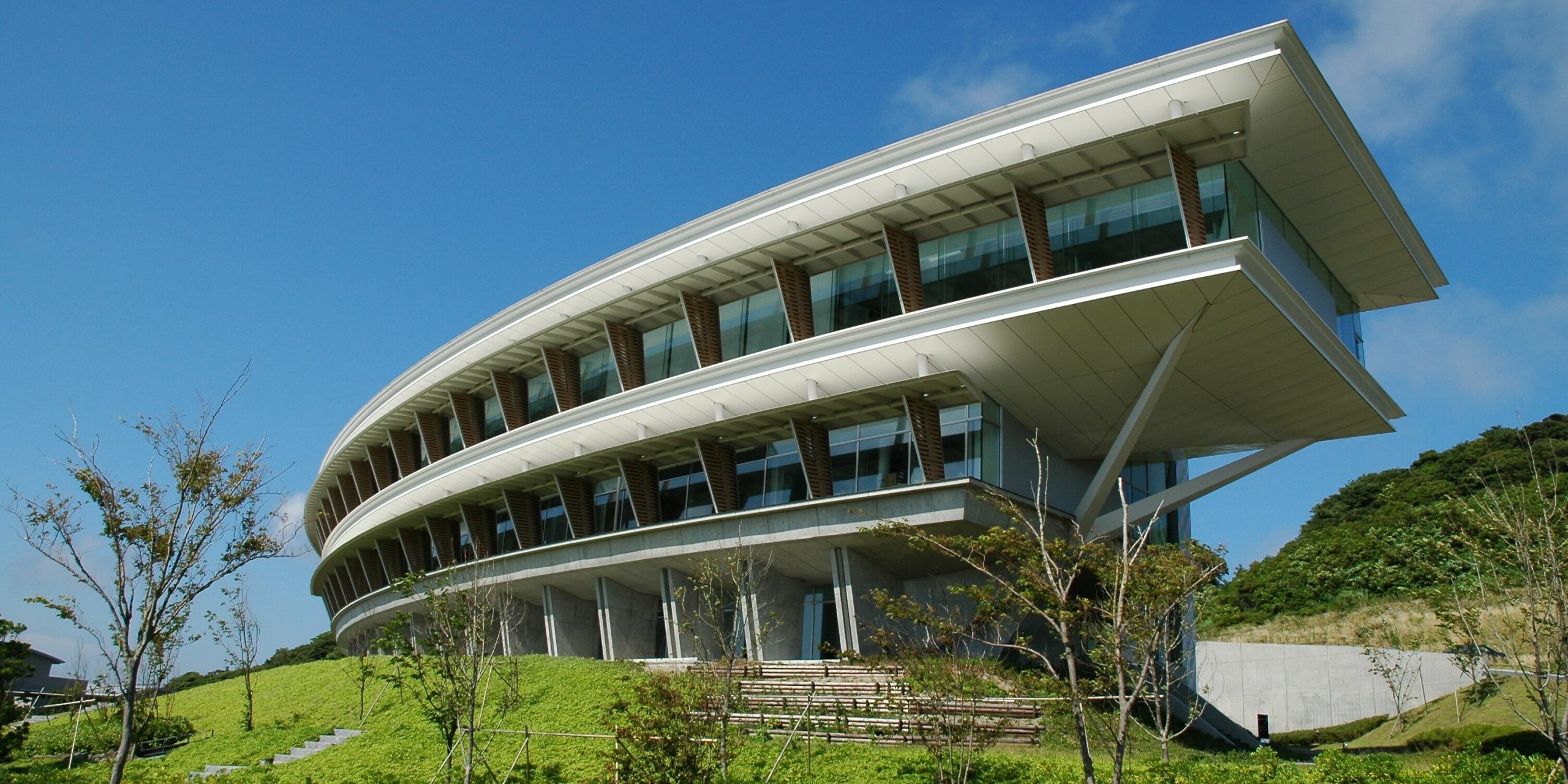
The Institute for Global Environmental Strategies, based in Japan, became an Affiliated Member of the ISC in December 2020. To find out more about the institute, we caught up with the IGES Research Manager Simon Høiberg Olsen.
Could you tell us a bit more about the IGES and its activities?
IGES was established under a Japanese government-led initiative in 1998 with support from Kanagawa Prefectural government. Since its creation, IGES has sought to accelerate a transition to sustainable, resilient, shared and inclusive Asia-Pacific region, both across borders and the world at large. It does this by conducting strategic research aimed towards delivering trusted expertise on a range of critical environmental and socioeconomic challenges, which involves close engagement in different policy fora.
IGES Headquarters is located in Hayama, Japan, with satellite offices in the cities of Tokyo, Kobe and Kitakyushu. It also operates a regional office in Bangkok, Thailand as well as a project office in Beijing, China. IGES employs an international staff of approximately 180 researchers and professionals.
IGES’s research activities are organised thematically into centres, focusing on the areas of
IGES also maintains action-oriented taskforces on green finance and business, as well as sustainable cities. In addition, IGES hosts different programmes and initiatives such as the Centre Collaborating with UNEP on Environmental Technologies (CCET), the UNFCCC Regional Collaboration Centre, the IPBES-Technical Support Unit-for the Assessment of Alien Species (IAS), the Asia-Pacific Network for Global Change Research, and the Japanese Centre for International Studies in Ecology.
Why does IGES consider it valuable to be part of the ISC?
Like the ISC, IGES is committed to supporting the realisation of environmentally sustainable and inclusive societies. It recognises that such a shift will not be achievable by a single entity working in isolation. It will require the collective efforts of a number of research organizations, which will help to deepen understanding and augment the impacts of sustainability research. The ISC is unique in its ability to convene multiple organizations towards this goal, all with a shared commitment to achieving a transition to sustainability that is ultimately grounded in science.
What are your key priorities for the next few years? What do you see as the key priorities for science in the coming years?
IGES operates as an agent of change. Together with key international organizations, governments, academic institutes, business and civil society leaders its work in subsequent years will focus on such themes as zero-emissions development, circular economy, resilience, biodiversity conservation, and the Sustainable Development Goals (SDGs). IGES also intends to increasingly engage policymakers and other stakeholders in the co-production of knowledge and co-delivery of projects with demonstrable impacts. In so doing, IGES will employ an integrated perspective and emphasize a participatory approach across all of its research.
Delivering the projects outlined in our 2019 – 2021 Action Plan will highly depend on close collaboration with our Members. Are there any projects that you are particularly interested and/or considering to get involved in?
Several of the ongoing projects and initiatives outlined in the Action Plan are relevant to IGES. Many of the most pertinent fall under the purview of international science for global sustainability, including: addressing complexity, supporting policy coherence and SDG interactions as a driver of national policies, and; data-driven interdisciplinary work and science-policy interface at the international level. IGES is also doing work that involves, inter alia, gender equity and access to science.